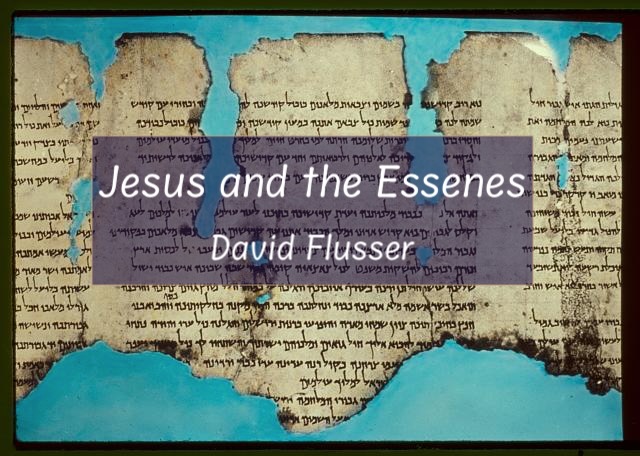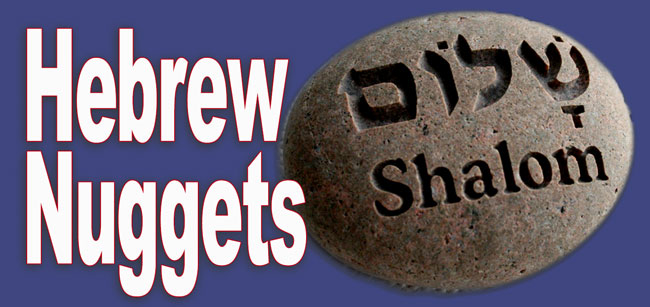In this article, Dr. Ray Pritz, former head of the Bible Society in Israel, looks at another of the challenges faced by the Society’s translation committee in rendering the synoptic Gospels into modern Hebrew.
If King David were alive today, could he communicate with Israel’s president?

How hard would it be for a speaker of modern Hebrew to understand someone speaking Biblical Hebrew? If King David returned, would he be able to understand the president of the State of Israel, and would the president be able to understand him? Would Jesus be able to communicate with modern Israelis?
Matthew’s Aramaic Glue

Knowledge of the different ways of joining stories in Greek, Hebrew and Aramaic can help us understand the history and relationships of the Synoptic Gospels.
Book Review: Michael Sokoloff’s A Dictionary of Jewish Palestinian Aramaic of the Byzantine Period
Professor Sokoloff’s A Dictionary of Jewish Palestinian Aramaic of the Byzantine Period limits itself to the best and most reliable sources of JPA
The New Testament in Modern Hebrew

In this series Dr. Ray Pritz, head of the Bible Society in Israel, describes the challenges faced by the Society’s translation committee in rendering the synoptic Gospels into modern Hebrew, and some of the solutions it found.
Jesus and the Essenes

The Essenes’ favorite name for themselves was “the sons of light.” In the Synoptic Gospels the term appears only in Luke 16:8, and the reference is not very flattering. Was Jesus making an ironic reference to the Essenes?
“Son of Man”: Jesus’ Most Important Title

There is a common thread uniting the views of those who think that Jesus signaled Daniel 7 by using the Aramaic bar enash in the middle of Hebrew speech. Anyone who holds this view must assume that Jesus spoke or taught in Hebrew much of the time. That Jesus used Hebrew a significant amount of the time is a sociolinguistic conclusion that has a growing number of supporters in New Testament scholarship, but one that is still a minority opinion.
The Sons of His Will

Christmas brings many carols and cards containing the words from Luke 2:14, “Goodwill to men” and “Peace to men of goodwill.” The angels praised God with words that in English may sound like a politician wishing us to “Have a nice day.” Most of us sense that these words reflect something deeper, but why did the angels use such seemingly innocuous words?


